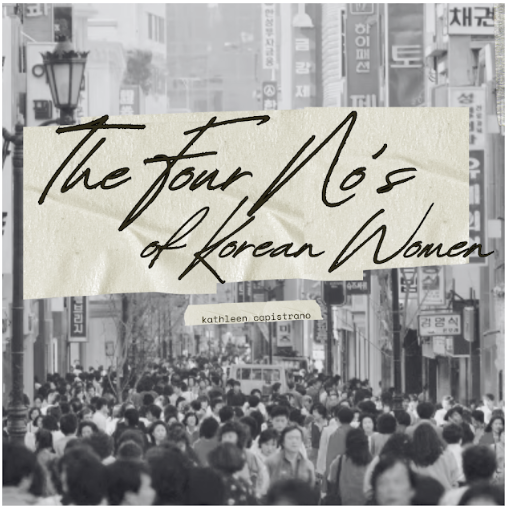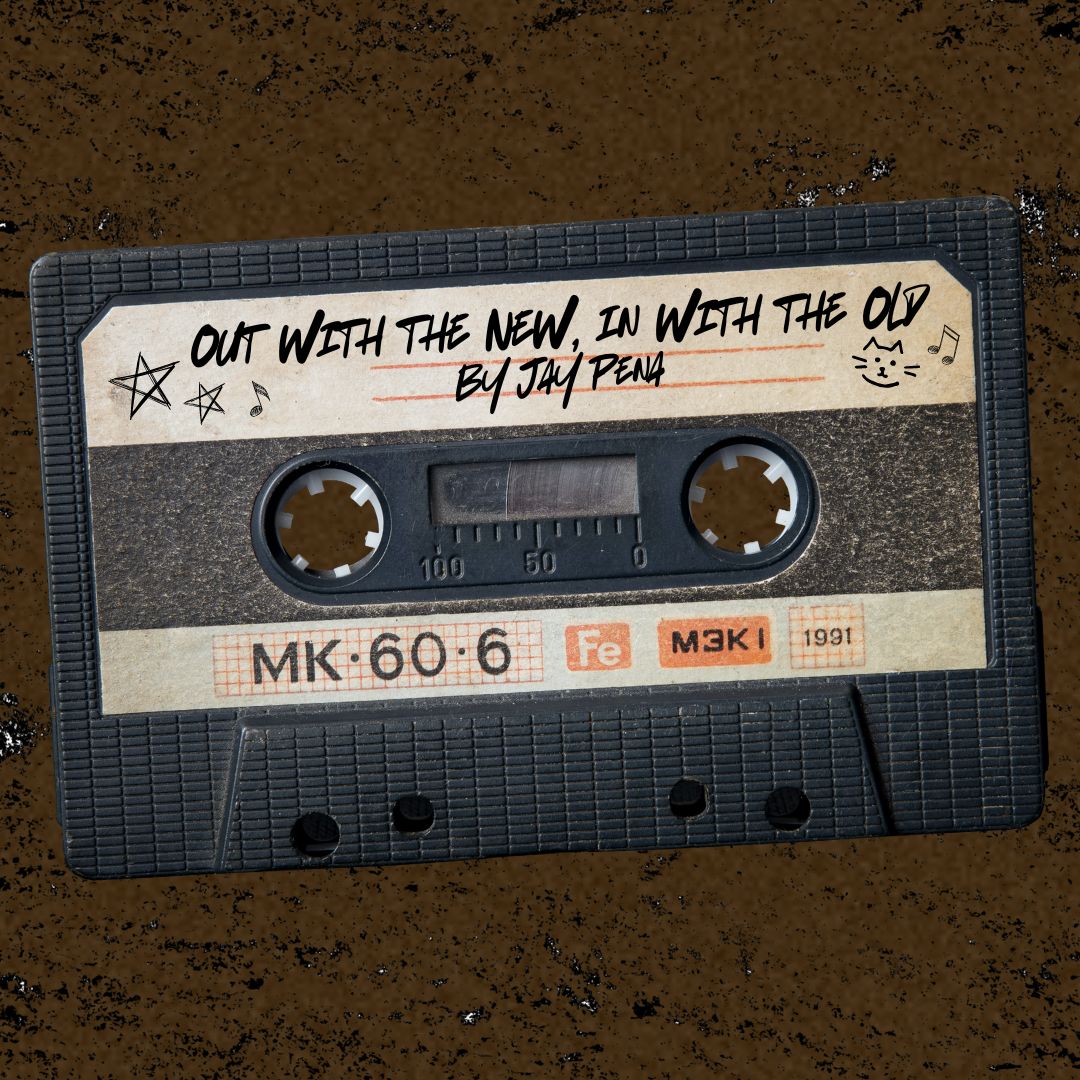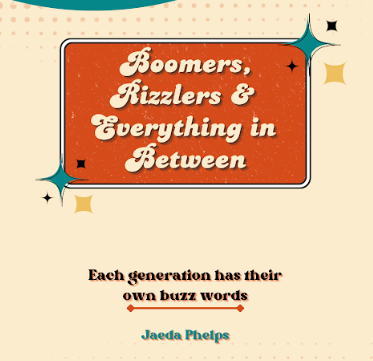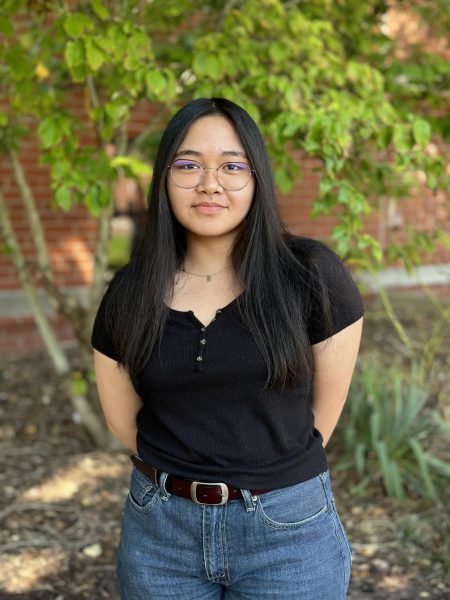Over the years, South Korea has witnessed a large surge in feminist activism, spearheaded almost solely by the 4B movement, a radical feminist movement encouraging Korean women to challenge societal norms, demand gender equality, and advocate for women’s rights.
The 4B movement is named after what Korean women considered the four most important principles of feminist activism: “bihon, bichulsan, biyeonae, and bisekseu,” which means the complete refusal and renunciation of marriage, childbirth, romance, and sexual relationships with men.
Despite South Korea’s rapid economic development, traditional gender roles and patriarchal systems are still deeply rooted within the nation.
While the official 4B movement only began in 2019, it was inspired by many previous feminist movements, such as the “Escape the Corset” movement, and South Korea’s “#MeToo” movement.
At the heart of all these feminist movements is a commitment to challenging gender inequalities and dismantling the patriarchy that enables them.
Senior Jadyn Rhodes believes that the movement is inspiring, and encourages women to be more than what society sees them to be.
The bihon (refusal of marriage) aspect of the 4B movement is an attempt to challenge the heteronormative family model in Korea. Although gyeolhon, or “marriage” in English, was a customary practice prior to the 1990s, the rate of heterosexual couples getting married has dropped steadily.
The bichulsan (refusal of childbirth) aspect of the 4B movement is a direct opposition to South Korea’s pro-natalist policies, which view South Korean women’s ability to reproduce as a tool for development. As a result of the 4B movement, South Korea’s birth rate has dropped significantly, making South Korea the nation with the lowest birth rate in the world, and subsequently raising doubts about whether or not the movement is too extreme.
“I think that the movement is a bit extreme,” said senior Brenna McDevitt. “I understand wanting serious change, but going in the exact opposite direction is not always the most effective.”
On the contrary, senior Emily Shanks believes that the movement does a great job of fighting for change and empowering South Korean women’s voices.
The biyeonae and bisekseu (refusal of romance and sexual relationships with men) aspect runs a bit deeper than just an attack on South Korea’s patriarchy and is more of a call for women to free themselves from sexual and social oppression. For example, South Korea has a massive spy camera problem, known as the molka crisis.
Cameras are hidden almost everywhere from public bathrooms to motels, targeting women and filming them without consent. While molka crimes can result in jail time or fines, many women believe that the punishments for molka crimes are only “a slap on the wrist” and should be harsher.
“I think more should definitely be done to prevent things like this,” said Shanks. “It’s honestly shocking how little is done to prevent crimes like this, and how feeble the punishments are, even for repeat offenders.”
Not to mention, in 2019 almost 50% of digital sex crime cases were dropped, while in 2021, South Korean police reported more than 16,866 digital sex crimes, excluding instances that go unnoticed or unreported.
“Even though the movement overall is admittedly a bit extreme, there’s definitely a reason it started,” said McDevitt. “Unfortunately, some of these South Korean women are only willing to go so far because they’ve been disappointed by society over and over again and they see no other way for change.”
While the movement has been successful, garnering attention and support from other women across the world, there has also been large amounts of criticism from men, with some even claiming that “feminism is gender discrimination.”
“I don’t believe this is discrimination at all, but rather just women banding together because they are tired of the way society has treated them time after time,” said Shanks.
Regardless of the criticism, it is undeniable that the 4B movement represents a powerful call for change and empowerment, serving as a model for women across the nation, and any other minorities fighting for change.







